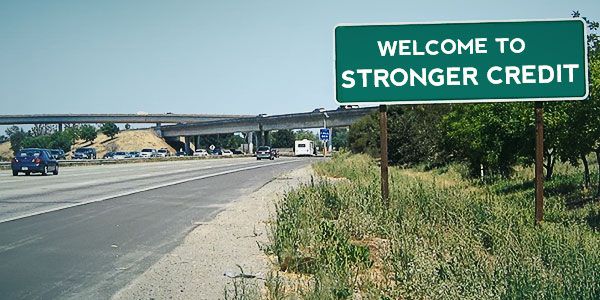You won’t go looking for different debt relief options if your finances are in good shape. Isn’t it?
You have chosen a debt relief option, means you’re in debt. Right?
You have gathered debts because you’ve defaulted on your bill payments for a bit long. Now, you want to red rid of your debts.
This is same when you consolidate your debts. However, debt consolidation will help you improve your credit score in the long run.
So, let’s find out how debt consolidation helps you regain solid financial footing.
First, let us know,
What debt consolidation is
Debt consolidation is combining of multiple debts into a single monthly payment. If you’re struggling to manage your multiple debts, debt consolidation is a good option.
You can consolidate your debts through several ways. You can enroll in a consolidation program and merge your multiple debts into a single monthly payment, take out a loan and pay off multiple debts, or transfer your existing credit card balances to a new credit card. The latter may come with a 0% introductory interest rate, which helps you shell out your balance without paying a single penny toward the interest rate.
Read more: Debt Consolidation: The Simple way out of the debt messHow debt consolidation influences your credit score
As already mentioned, initially, your credit score goes down a bit when you apply for a loan or a credit card. It’s because when you’re applying for a new credit line, there’s a hard inquiry on your credit, which may push your score to take a dip.
But, in the long run, debt consolidation has a positive impact on your credit score. It’s because after you consolidate your debts, your credit report is updated as “paid in full.”
Now, take a look at this,
Among all the factors that influence credit score, credit utilization ratio is vital. It’s the percentage of how much credit you’ve used. Your credit utilization ratio will go down when your credit card balance is much lower than your credit limit.
So, if you consolidate your debt by transferring the maxed out balance to a new credit card, your credit score will get a boost. It’s because your credit utilization ratio will drop. It’s good for your credit health if you keep your credit utilization ratio approximately 35% or less.
Now, the question is:
Should you consolidate your debts?
It depends on how you are managing your finances.
First of all, avoid incurring new debt. Don’t borrow money after you've decided to go for debt consolidation. Also, never close your old credit accounts, as it’ll hurt the length of your credit history (a major factor that determines credit score).
Well, you can consolidate your debts if you’re sure you’ll be able to make regular payments.
You must take certain things into consideration before deciding to consolidate your debts.
So, let’s see:
What you should check before consolidating your debts
You need to ask yourself these questions before selecting debt consolidation:
How is your credit?
If you don’t have an excellent credit record, you won’t qualify for a good rate on a personal loan or a 0% interest rate credit card.
Can you pay on time?
Check out whether or not you’re prepared to make the payments on time. Try to pay the entire balance within the 0% or low introductory period. Otherwise, you have to pay the remaining balance at a much higher interest rate.
Can you afford to pay the fees?
Sometimes, balance transfer comes with a fee and you’d have to pay professional fees if you opt for a debt consolidation program. So, you must consider this calculation before consolidating your debts.
So,
What is the outcome of this discussion?
As I’ve said earlier, initially your credit score will drop since you’re already delinquent on your payments. But, it won’t remain the same throughout your life. You’ll have ample chances to improve your credit score.
Debt consolidation will help improve your credit score only if you make on-time payments. If you default, your score will fall again.
So, we can conclude that:
Debt consolidation is the road to stronger credit only if you make consistent and timely payments.
Check out: How can you secure the best three digit credit score?









